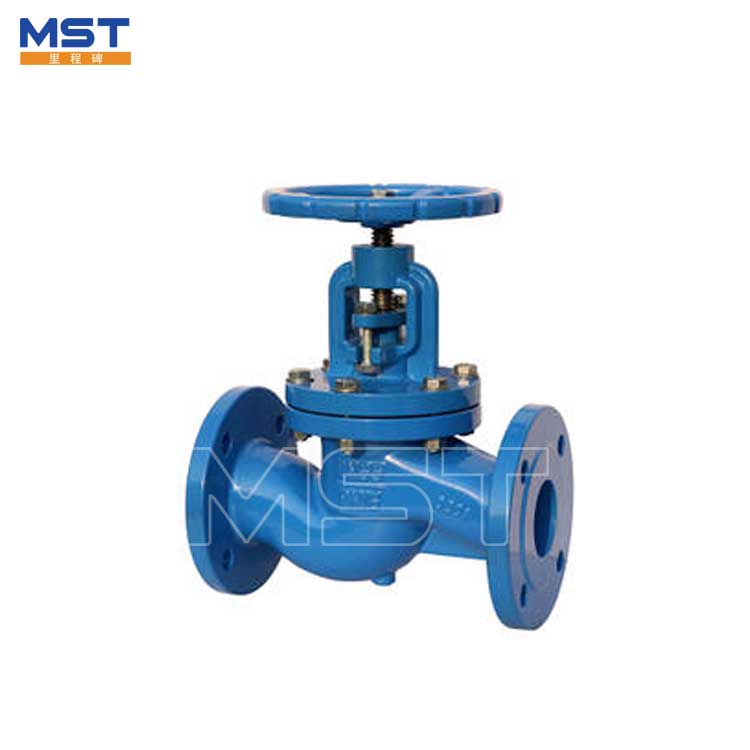 English
English Español
Español  Português
Português  русский
русский  Français
Français  日本語
日本語  Deutsch
Deutsch  tiếng Việt
tiếng Việt  Italiano
Italiano  Nederlands
Nederlands  ภาษาไทย
ภาษาไทย  Polski
Polski  한국어
한국어  Svenska
Svenska  magyar
magyar  Malay
Malay  বাংলা ভাষার
বাংলা ভাষার  Dansk
Dansk  Suomi
Suomi  हिन्दी
हिन्दी  Pilipino
Pilipino  Türkçe
Türkçe  Gaeilge
Gaeilge  العربية
العربية  Indonesia
Indonesia  Norsk
Norsk  تمل
تمل  český
český  ελληνικά
ελληνικά  український
український  Javanese
Javanese  فارسی
فارسی  தமிழ்
தமிழ்  తెలుగు
తెలుగు  नेपाली
नेपाली  Burmese
Burmese  български
български  ລາວ
ລາວ  Latine
Latine  Қазақша
Қазақша  Euskal
Euskal  Azərbaycan
Azərbaycan  Slovenský jazyk
Slovenský jazyk  Македонски
Македонски  Lietuvos
Lietuvos  Eesti Keel
Eesti Keel  Română
Română  Slovenski
Slovenski  मराठी
मराठी  Srpski језик
Srpski језик
What is a Cast Iron Valve Used For?
2025-01-13
In the world of fluid control and industrial applications, valves play a critical role in regulating the flow of liquids, gases, and other materials. Among the many types available, cast iron valves stand out for their durability, reliability, and versatility. This article delves into what a cast iron valve is and explores the various applications it serves across industries.

Understanding Cast Iron Valves
Cast iron valves are made from cast iron, a material known for its excellent wear resistance, high tensile strength, and ability to withstand extreme temperatures and pressures. These valves are commonly used to control or regulate the flow of substances in pipelines and systems. The inherent properties of cast iron, such as corrosion resistance and mechanical strength, make it a popular choice in demanding environments.
Types of cast iron valves include:
- Gate Valves: Ideal for starting or stopping flow.
- Globe Valves: Used for regulating flow with precision.
- Check Valves: Designed to prevent backflow.
- Ball Valves: Known for quick shut-off capabilities.
- Butterfly Valves: Used in systems requiring compact, lightweight solutions.
Key Applications of Cast Iron Valves
1. Water and Wastewater Management
Cast iron valves are extensively used in water distribution systems and wastewater treatment plants. They regulate the flow of water, ensuring efficient distribution and preventing contamination.
2. Oil and Gas Industry
In the oil and gas sector, cast iron valves manage the flow of crude oil, natural gas, and refined products. Their ability to handle high pressures and corrosive environments makes them indispensable in this industry.
3. HVAC Systems
Heating, ventilation, and air conditioning (HVAC) systems rely on cast iron valves to control the flow of water or steam in heating and cooling systems. Their durability ensures long-lasting performance in these applications.
4. Industrial Processes
From chemical processing to manufacturing, cast iron valves are used to regulate the flow of various chemicals and fluids. Their resistance to wear and tear ensures consistent performance in harsh conditions.
5. Fire Protection Systems
Fire protection systems, such as sprinkler setups, use cast iron valves to ensure reliable water flow during emergencies. Their robust construction guarantees operational efficiency when needed most.
6. Power Generation
Power plants utilize cast iron valves in steam and cooling water systems. Their ability to handle high temperatures and pressures is crucial for efficient energy production.
Advantages of Cast Iron Valves
- Durability: Withstands heavy-duty operations and extreme environments.
- Corrosion Resistance: Offers longevity in corrosive settings.
- Cost-Effectiveness: Provides a balance between performance and affordability.
- Versatility: Suitable for a wide range of industries and applications.
Choosing the Right Cast Iron Valve
When selecting a cast iron valve, consider factors such as:
- The type of fluid or gas being handled.
- Operating pressure and temperature requirements.
- Size and compatibility with existing systems.
- Maintenance needs and expected lifespan.
Cast iron valves are a cornerstone in various industries, offering reliability and performance in critical applications. Whether it’s managing water flow in municipal systems, ensuring safety in fire protection, or regulating steam in power plants, these valves prove their worth time and again. Understanding their applications and benefits helps in making informed decisions, ensuring operational efficiency and longevity.
Tianjin Milestone Valve Company was established in 2019 merged a valve factory in Tianjin. After absorbing the strength of previous factory, now we become a professional manufacturing enterprise in the industry, with patent products: butterfly valve, gate valve, globe valve, check valve and ball valve. The products are exported to the Philippines, Singapore, Saudi Arabia and Brazil. Explore our full range of products on our website at https://www.milestonevalves.com/. For any inquiries, please reach out to us at delia@milestonevalve.com.




